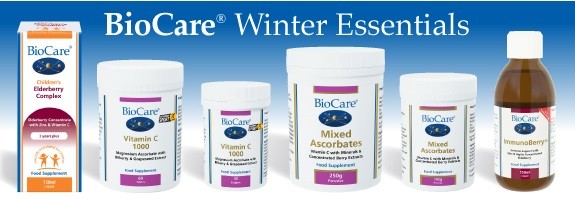We tend to hear little about the colon (although sometimes we hear a lot from it, if you know what I mean), but it is one of the most important organs in the body, and it has a much more vital role than many people ascribe it. True, it is less important than our brains or our hearts, and we can, with the help of a colostomy bag, live without it, it is, nonetheless, a very important part of the digestive system and overall body function.
Together with the small and large intestines, the colon is responsible for removing toxins from the body and for absorbing nutrients, including vitamins and minerals. A well-functioning colon helps us to maintain energy levels, which in turn helps to maintain good mood, helps us to deal with stress, and promotes a general sense of well-being. A healthy colon is therefore paramount to a happy life.
The Colon and Weight Management
However, many people fail to consider the link between colonic health and obesity, but there is one, and it is easy to see why.
If the colon is responsible for absorbing minerals and nutrients, and it is not working, the body will not receive adequate amounts of these nutrients. This will then lead to the condition where the body craves food in order to satisfy its needs, the less efficient the colon, the hungrier the body, the hungrier the body, the more we eat, and, as you know, the more we eat the more we put on weight.

Now, couple this with the fact that an unhealthy colon leads to lethargy and that lethargy is the antithesis to exercise, you can see how a person with an unhealthy colon can easily eat too much food and do too little exercise.
Healthy Weight
Therefore, one of the key things in weight management is to ensure that you have a healthy colon.
There are a few things that you can do here:
- Make sure that you have enough non-soluble fibre in your diet. This means eating plenty of fruit and vegetable (apparently watermelon is one of the best sources of non-soluble fibre) and plenty of whole grains.
- Reduce, or stop completely, the amount of processed food that you eat. Processed food is a double edge sword because it slows down the digestive system through a lack of the right kind of fibre, and then it introduces more toxins. This puts way too much pressure on the colon, and it doesn’t know how to deal with these manmade, unnatural, substances properly.
- Use a colon cleanser. There are many options available. You could take a colon cleansing supplement, which is usually administered orally and so has no embarrassing attributes – with administration anyway. Or, you could choose a colon cleanser, such as irrigation, although many people avoid this because it can be a bit embarrassing.
You can find further information on the colon and how to keep it healthy at http://www.thefinchleyclinic.com/




